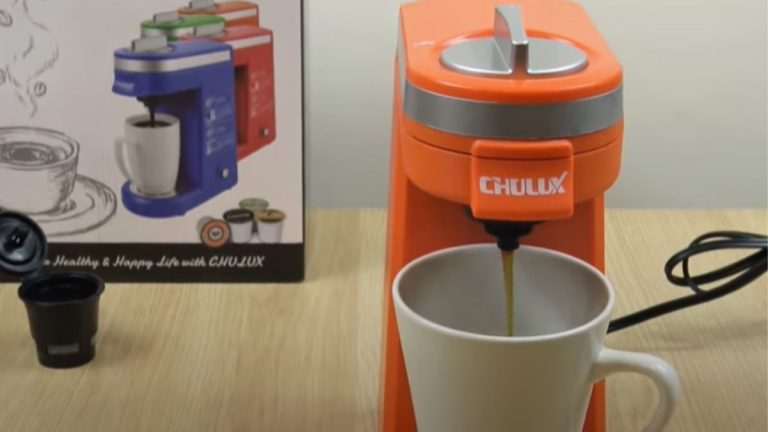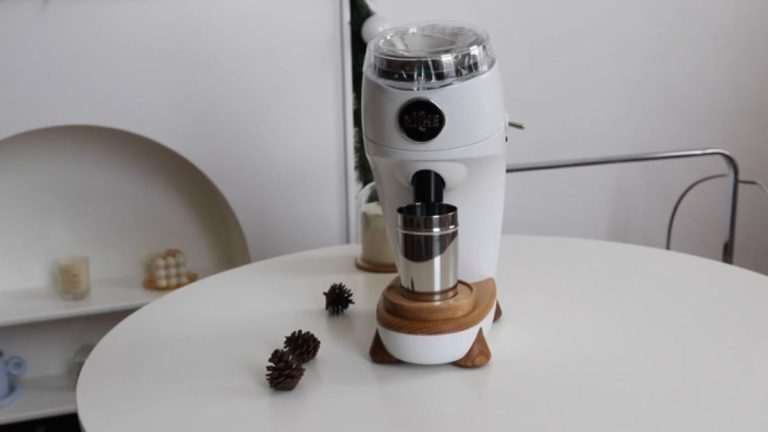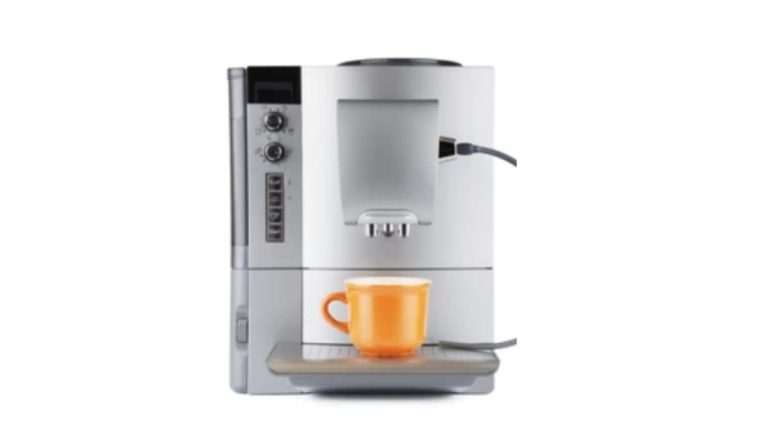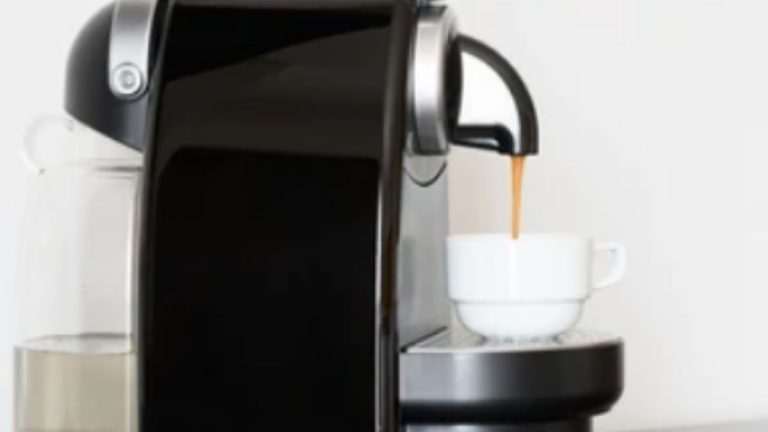Why Is My Coffee Maker So Slow?
You may have been wondering, “Why is my coffee maker so slow?” After all, the typical coffee maker specifically designed for personal use can be a bit of a pain to work with. It has no digital display, and sometimes even controls are missing.
The coffee maker is one of the household essentials in most homes. If you are a coffee lover, then you use your coffee maker regularly. But do you know there are dozens of factors that can make it slow?
Several times in the past, I’ve stood looking at my coffee maker wondering why it seems to take so long before anything actually happens. To be clear, this is just a simple Mr. Coffee. There are no bells and whistles on this thing. It doesn’t have one of those fancy timers or lights to tell me when it’s finished brewing. Just a basic drip coffee maker that I use every morning to get me started on my day.
But each time I stare at it and wonder why it seems to be taking longer than usual, and why water never appears to be dripping out of the brewer, there is something happening behind the scenes that I didn’t realize before.
Why is my coffee machine slow?
Table of Contents
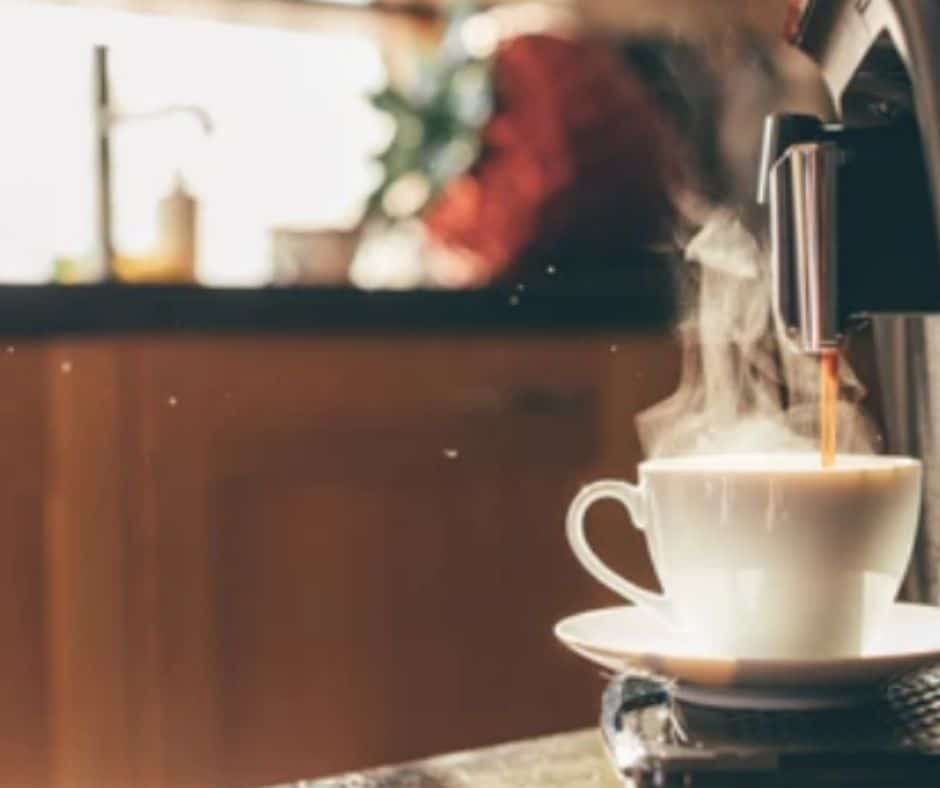
Why is my coffee machine slow? Wonder no longer, for we have the answer.
Troubleshooting is a vital skill for any homeowner or DIY’er, but sometimes it’s hard to know where to start. After all, an appliance that has problems can have lots of different causes. We can help you get started by explaining what might be causing your coffee maker to take so long to brew.
To make things easier, we’ve divided the problem into three parts – heat, water, and pump issues. We’ll look at heat issues. Let’s get going!
Heat Issues
One of the most common causes of slow coffee brewing is a lack of heat. If your coffee maker takes a long time to produce hot water, this is probably the problem. It’s worth checking the temperature of the water before you do anything else because if it’s not hot enough it can’t be fixed by switching out parts or making adjustments. You should also try leaving the water for a few minutes before you start brewing – sometimes it just needs to heat up a little bit more first before it starts splashing around inside the machine properly.
Water issues can also be a problem. You may have recently moved to a new place and it may be possible that the water pressure isn’t as strong as it used to be. As a result, you’ll need to increase the time between placing the pod in and pressing start on your machine. You should also check whether or not your filter basket is getting blocked up by old coffee grounds. If this is the case you might need to get them cleaned out regularly or even replace them altogether.
Another reason why a machine could be slow is that it is full of water which causes it to take more time heating up. If you haven’t emptied the tank recently then this is likely to be the problem so make sure you do so before using it next time.
How long should a coffee maker take to brew?
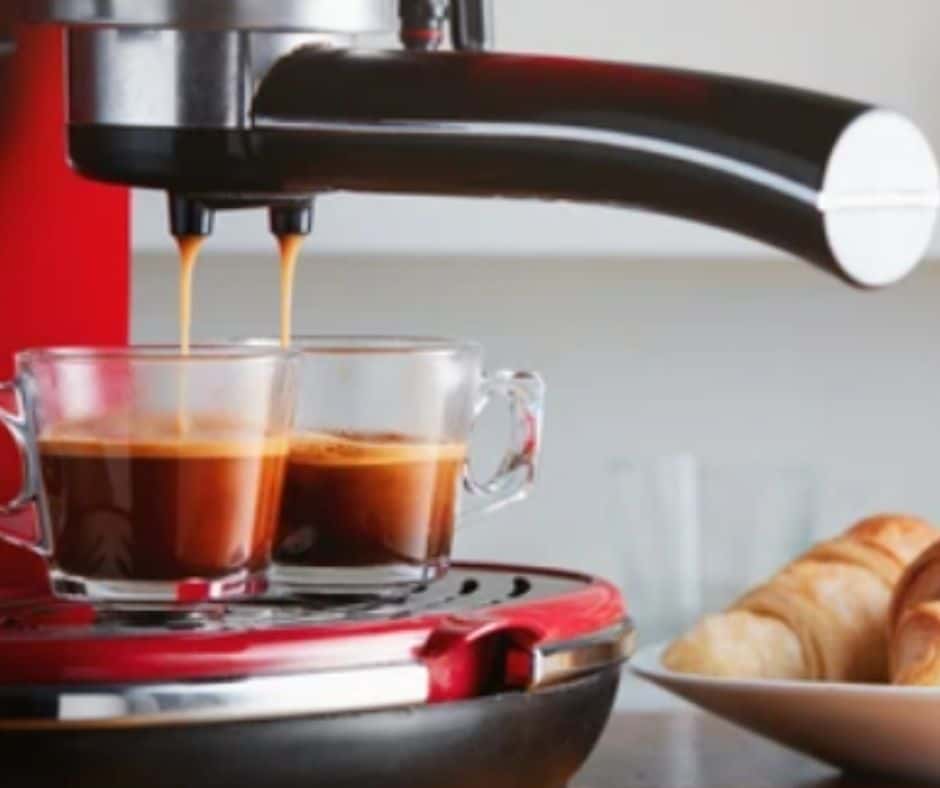
There are three variables you’ll want to play with when determining how long should a coffee maker take to brew. First is the amount of water you’re using. If you’re using more water than recommended, then the brew time will be longer. If you’re using less water, the brew time will be shorter.
The second variable is the size of your grinds; if your beans are too fine or too coarse, then the brew time will be different as well. Finally, if you’re brewing with a machine that uses pre-heated temperature water (like a heated plate), then the brew time will take less time than if you were brewing with room temp water straight from your faucet or with cold tap water from your sink or shower. One thing that’s worth mentioning is how fast does coffee goes stale? A good rule of thumb is about one week for ground coffee and about two weeks for whole beans. Also, keep in mind that storing your beans in an airtight canister or container can help keep them fresh longer because of the absence of oxygen.
How do I know if my coffee maker is broken?
Coffee makers can break. This is one of life’s certainties, along with death and taxes. But what constitutes a broken coffee maker? It’s not always obvious, especially if you’re not sure what makes them work in the first place! Here are some common signs that your coffee maker — or any other appliance — is broken:
It won’t turn on. Sometimes this is because of a simple power outage or blown fuse and is easily fixed by resetting the circuit breaker in your kitchen or bathroom. When you plug it back in, the lights should come on, but if they don’t, then you’ll need to call an electrician to check your wiring and make sure the problem isn’t something else (like a blown fuse). If the lights do come back on after resetting the breaker, then there’s likely something wrong with your coffee maker.
There are sparks coming out of it. If there are sparks coming out of your coffee maker, unplug it immediately and call an electrician to check for loose wiring or other damage before trying to use it again. Sparks from electrical appliances can indicate serious problems that could cause fires if they aren’t taken care of immediately.
It can also smell like something is burning when it heats up.
Why does it take so long for my coffee to brew?
Have you ever wondered why it takes so long for your coffee to brew? Or why it taste different at some places than others? This article will attempt to explain the ins and outs of why it takes so long for your coffee, and what affects the flavor.
Taste is one of the first things that people will look for when they go to a new coffee shop. We all have our own personal preferences of what tastes good, but there are other factors that can affect our tastes as well. There are many different types of coffees beans to choose from, and many different ways to brew them.
Some ways to brew a pot of coffee include:
1. The French Press – This is where you put your coffee grounds in a container with hot water, then let it sit for about 4 minutes before pressing down on the plunger handle.
2. The Pour Over Method – This is a common way that baristas use in order to make an individual cup of coffee. A pour-over method is where you place a filter in the cone, add your freshly ground coffee, pour hot water into the center then allow it to drip through the filter into your cup below.
How do I clean my coffee maker?
Cleaning your coffee maker is essential to keeping it in working order. This is important because the buildup of coffee residue can affect the taste of your coffee, and the elements in your coffee maker can be damaged if they are not kept clean. Most machines have removable carafes, and a brush designed to remove buildup from the warming plate is usually included with the machine.
- Troubleshooting:
If you are having trouble with your machine, it could be that there is something lodged in one of the tubes. Turn off and unplug the machine, then try running a cycle again. If it does not work, then you will have to open up the machine to see what is blocking it.
Use a plastic utensil to unplug any tubes that may be stuck. If you do not have a plastic utensil on hand, then use a cloth or towel instead so that you do not scratch the surface of the metal housing.
When cleaning your coffeemaker, keep in mind that all parts of the coffeemaker should be cleaned regularly. The carafe should be washed by hand with hot water and soap after each use. The outside of the coffeemaker should also be wiped down after each use with hot soapy water.
Troubleshooting Your Coffee Maker: Time for a Checkup
You probably have heard people complaining about how slow their coffee maker is even if it’s not old. If you feel the same way, it’s time for a checkup.
Your coffee maker can get slow for many reasons. It might be dirty or clogged or there might be something wrong with its parts. Whatever the case may be, don’t throw away your machine just yet. There are easy ways to troubleshoot your coffee maker before you give up hope on it.
Here are some tips for troubleshooting your machine:
Remove Anything Stuck in Your Machine – You need to check every inch of your coffee maker to make sure that nothing is blocking its way. It could be just a small piece of paper stuck in the water reservoir or an old coffee ground that is stuck around the dispenser and filter basket. Remove these things as soon as possible to make sure that they won’t affect the performance of your machine any longer.
How do you fix a slow coffee maker?
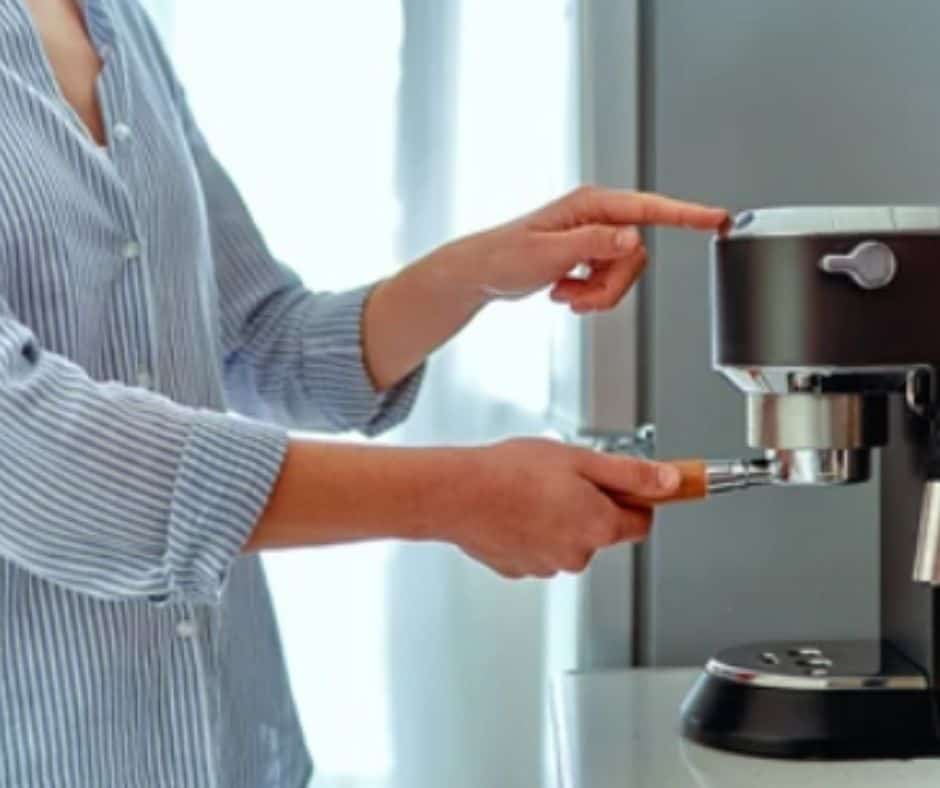
The slow coffee maker problem is a common one that can be fixed easily. If your coffee maker isn’t producing enough coffee per brew, it is most likely caused by regular use and buildup that can occur inside the machine. Fixing your slow coffee maker sometimes requires only a few simple cleaning steps.
How do you fix a slow coffee maker? Are you looking for ways to increase the speed of your coffee maker? Going through these steps will have your coffee maker up and running in no time. Coffee is an essential part of many people’s days, so it’s important to get your machine working at peak performance.
The coffee maker is your best friend, right? Well, not always. It’s very common that you wonder if it is possible to fix a slow coffee maker? If you are in this situation, don’t worry. The following tips will show you how to fix a slow coffee maker.
- Clean the coffee maker
If your coffee maker is slowing down then it may be that it needs a good clean. The first thing you should do is run a cycle of white vinegar through the machine. This can help remove any residue build-up and keep your coffee maker in tip-top shape.
- Check the filter basket
If you have noticed that your coffee maker has started to take longer than normal to deliver your morning brew or have noticed that your coffee isn’t tasting as good as usual then it may be time for a change of filter. This is especially true if you have been using the same filter for an extended period of time.
One of the most common problems with slow coffee makers is a clogged brewing basket or filter. Clogged baskets and filters prevent water from escaping through the grounds and into the carafe, resulting in an extremely slow pour speed.
To fix this issue, simply unplug your coffee maker and remove the basket or filter from the carafe. If water is being blocked from exiting the brewing basket, discard it and clean out any remaining grounds. If water is being blocked from going into your carafe, run a pot of hot water through your machine to release any blockages in the tubing.
Why is my Bunn coffee maker so slow?
Bunn coffee makers are some of the best machines in the modern world, but they do have drawbacks. You might be wondering why is my Bunn coffee maker so slow, especially if you’re in a rush to get a good cup of coffee before you head off for work. If this is an issue for you, then use these tips to help improve the speed of your Bunn coffee maker.
TIP 1 – Make sure that your water level is not too low in the tank. This can cause the brewer to not function properly and it will cause it to brew more slowly than usual. It may sound silly, but make sure that your water level is proper before starting up your brewer.
TIP 2 – Look out for any clogs in your brewer. Clogs can occur with paper filters and they can also happen with beans or grounds. If you notice that there is a problem brewing the quality of your coffee may suffer, so you should check your brewer right away.
TIP 3 – Clean out your brewer regularly! Filters and other parts need to be cleaned on occasion and cleaning them on a regular basis will increase the efficiency of your Bunn coffee maker.
These tips are just common-sense things that everyone should be doing anyway.



